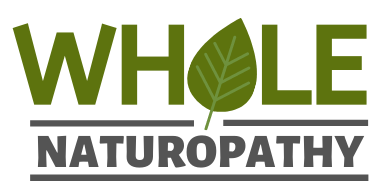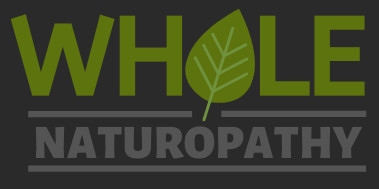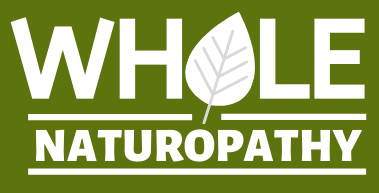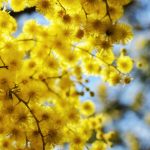
What is homeopathy?
Homeopathy is based on the principle that your body has an innate ability to heal, something that drives the body to repair and restore, known as vitality. You only need to study the process of wound healing to understand that the body has amazing repair process. Just like using a dressing on a wound provides an environment that allows the body to heal, likewise, homeopathy stimulates the body’s own healing process. This is different to a nutritional product which provides the nutrients that the body uses in the healing process. For this reason, homeopathy can be used to treat most health issues, in most people. It is gentle enough to be used on children and they usually respond well, as their body will heal more efficiently due to increased vitality.
Homeopathy is a gentle, yet powerful system of natural medicines based on the principle of ‘like cures like’. Substances that can cause ailments, can be used to treat that same ailment when diluted. For example, if you are stung by a bee, homeopathic Apis mellifica (bee venom) will relieve the bite. Whilst this may seem counter-intuitive, conventional medicine treats anaphylactic bee allergy with diluted bee venom injections. The homeopathic medicine does not need to be the same as the original substance, just ‘like’ it. Apis will help other bites that are painful, sensitive, and stinging.
“The difference between a medicine and poison is the dose” – Paracelsus 1538
Whilst it might be hard to wrap your head around, we do know that excess of any one thing is not good for us, regardless of how good it might be, and that even paracetamol is fatal in high doses. Homeopathy uses highly diluted substances, some of which are toxic (such as bee venom), but due to the dilution process, they become safe and effective in treating disease.
Homeopathic philosophy recognises that people are different, and just like some people spend a week in bed with a cold whilst others might just have a sore throat for a day, there are nuances to our individual healing process. It takes into account things that make the ailment feel better or worse, for example, do you feel better with ice on your injury, better with gentle movement, better if left alone, or better with rest. It is holistic, and a practitioner will look to find a remedy that fits more than one body system. A remedy is easily confirmed as a good fit for the patient if it fits more than one symptom, such as perhaps a digestive issue, with something unrelated such as something in the eyes, or the emotions.
Homeopathy began in the 1700’s by a German Doctor Samuel Hahnemann, and as this was a time before pathology testing and our modern understanding of disease, choosing the right remedy is based on signs and symptoms. Together with his medical students, Hahnemann set out to prove that the remedies work by testing them on multiple people, which was not commonly done in medicine at that time.
Worldwide homeopathy is used by around 500 million people. In Europe it is prescribed by many doctors, but it is India where it is most commonly used, where homeopathic hospitals and homeopathic doctors form a large part of their medical system.
Often to understand homeopathy, you need to try it yourself. A great place to start is with Arnica montana (Arnica), the remedy for bruising.
The mechanism by which homeopathy works is still not fully understood, although advances are being made in the areas of quantum physics and chemistry. For more details on this and for homeopathic research articles, go to www.hri-research.org/




